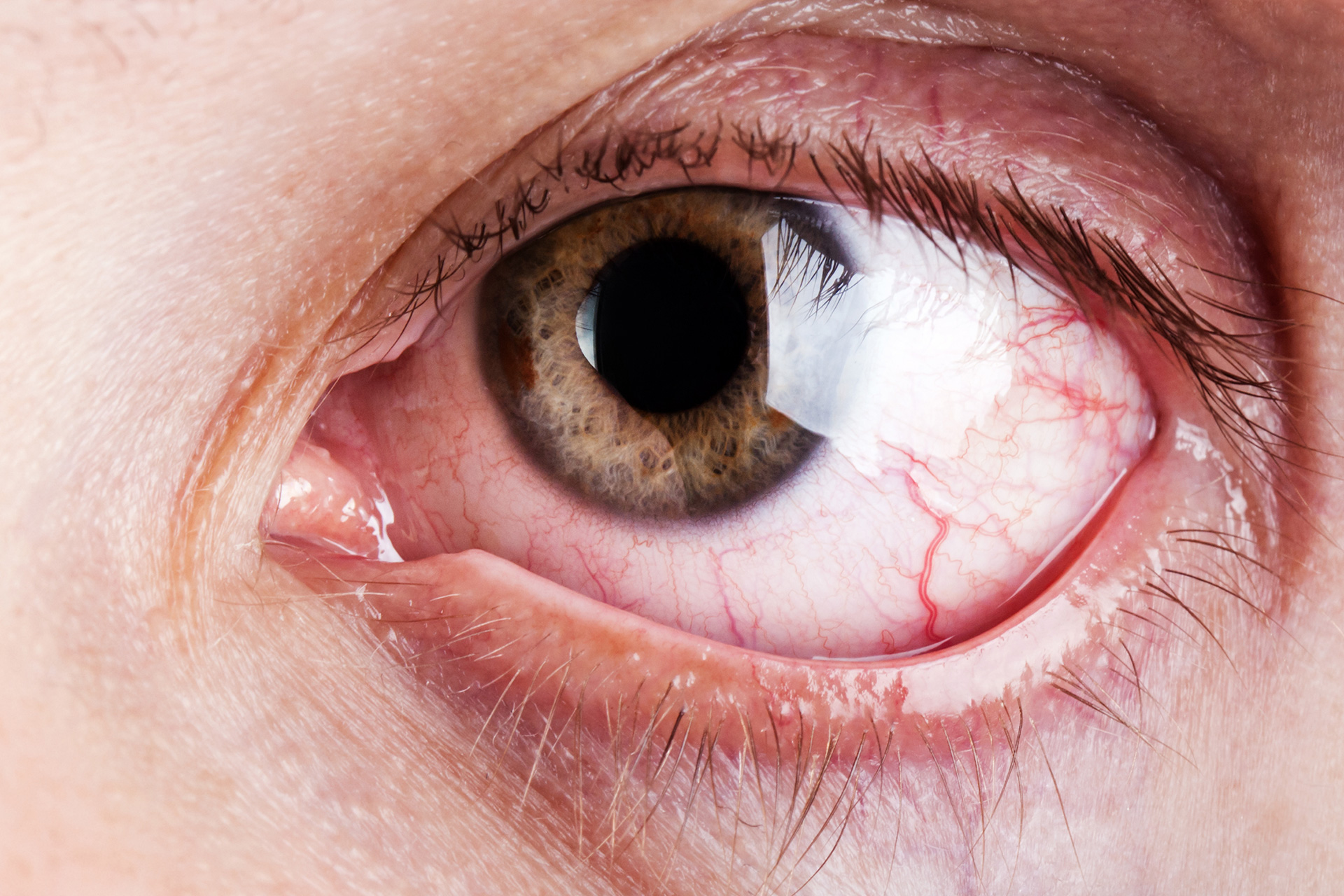Community Urgent Eyecare Service
Book An AppointmentWhat is the Community Urgent Eyecare Service?
The Community Urgent Eyecare Service (CUES) provides urgent assessment, treatment or referral for sudden onset eye problems such as flashes, floaters, vision loss or minor eye injuries.
What Symptoms Can Be Treated by the Community Urgent Eyecare Service?
- Red or painful eye or eyelids
- Recently occurring flashes and floaters
- Recent and sudden loss of vision
- Foreign body in the eye
This is an NHS service provided by accredited optometrists (also commonly known as opticians).
Please note that this service is not an eye test.
Who Is This Service For?
If you are registered with your local GP in Gloucestershire, you can use this service. It is for people of all ages – adults and children – and you do not need a GP referral. Children under 16 years must be accompanied at their appointment by an adult.
If you have a major eye condition that is being regularly monitored by your optometrist or hospital eye service, such as cataracts, diabetic retinopathy or glaucoma, this is not covered by this service. In this case you should consult your usual optometrist or hospital eye service directly for advice in the usual way.
Please do not visit the practice without first booking an appointment. You will be asked some questions about your symptoms to assess your needs. More urgent cases will be seen within 24hrs.


How Do I Identify Dry Or Red Eye?
We understand that symptoms can vary from person to person and you may even find you have watery eyes when suffering from this condition. Other typical symptoms can be:
- Sensation of dryness
- Tired eyes or gritty eyes
- Burning, stinging, itching
- Redness
- Intermittent excessive watering
- Irritation from wind or smoke
- Sensitivity to light
- Contact lens discomfort or reduced wearing times
Environmental factors and several external influences can increase your risk of dry eyes including the following;
- Prolonged periods of concentrated vision including computer use
- Adverse environmental conditions; wind, pollution, poor air quality
- Medication eg antihistamines, oral contraceptives, diuretics, decongestants, alcohol and anti-depressants
- Contact lens wear
The good news is that dry eyes can be treated.
If you are experiencing problems we are only too happy to help so call us and make an appointment.


